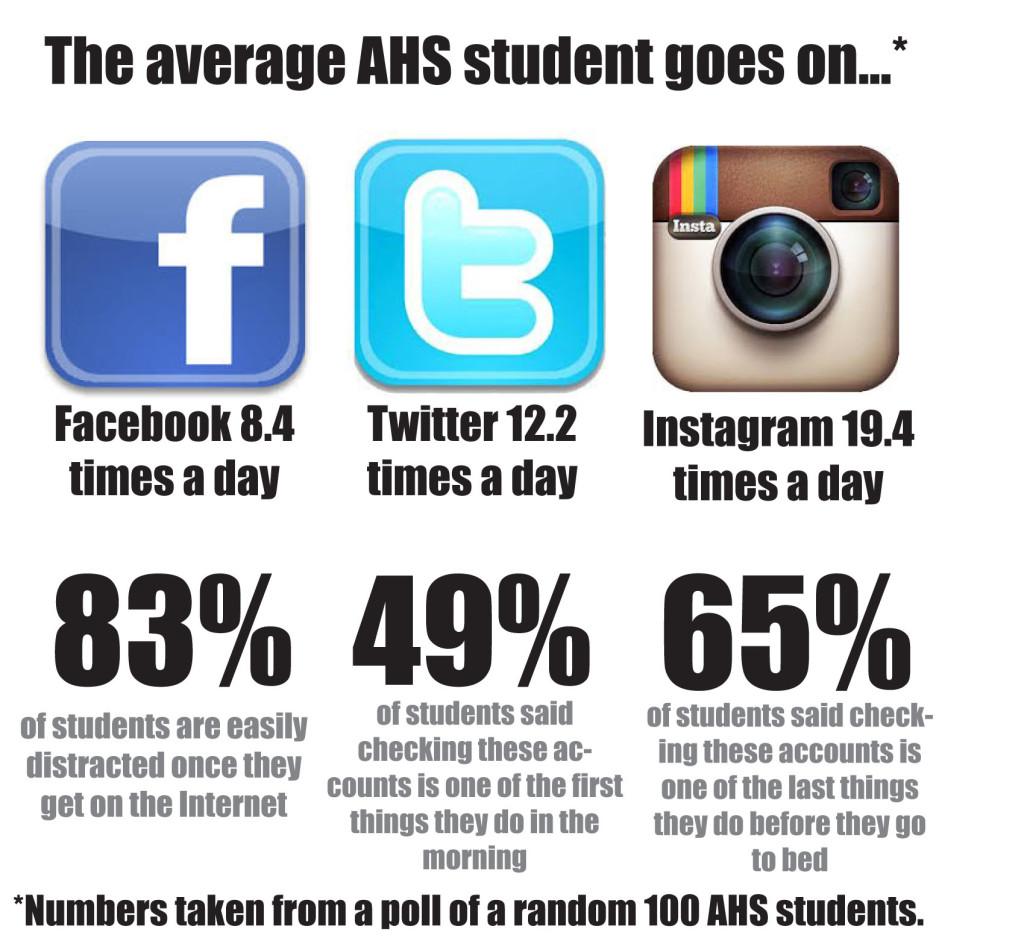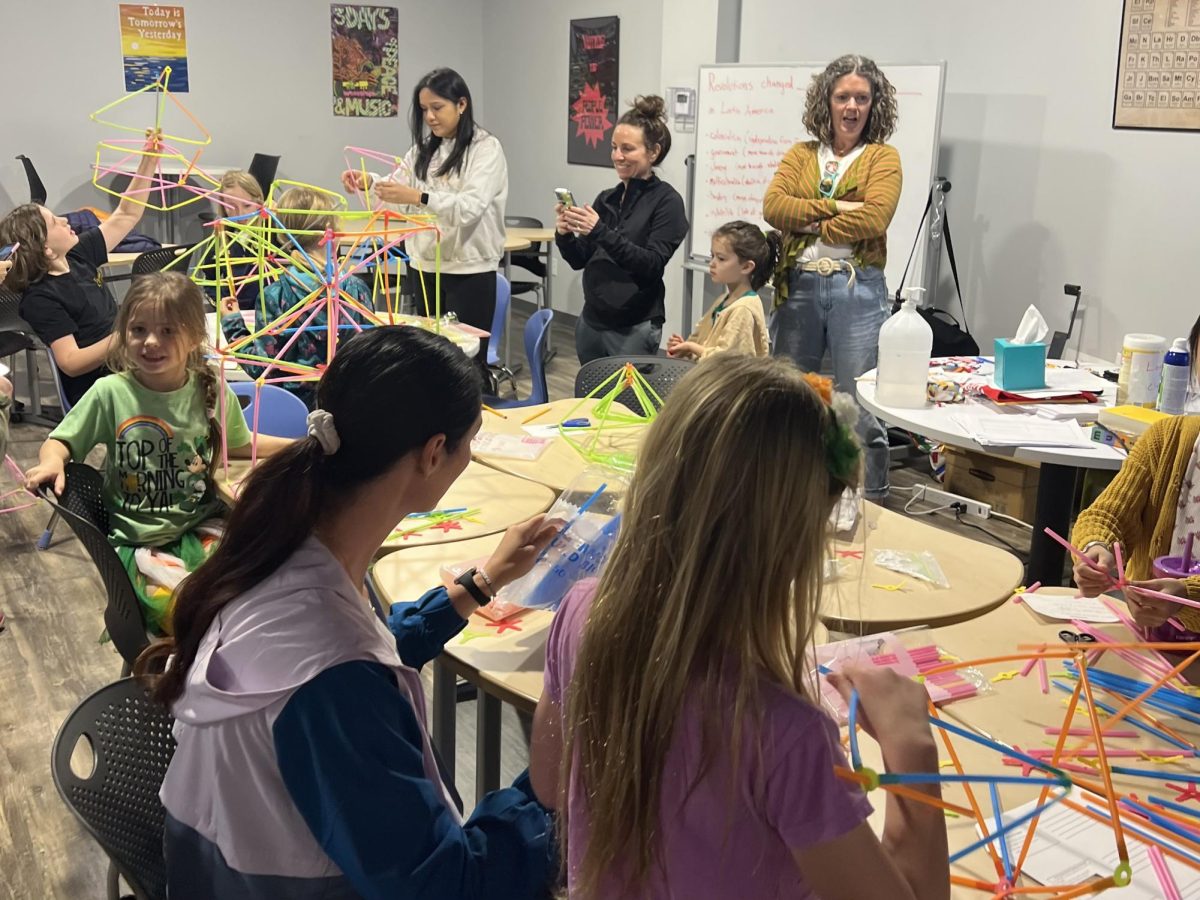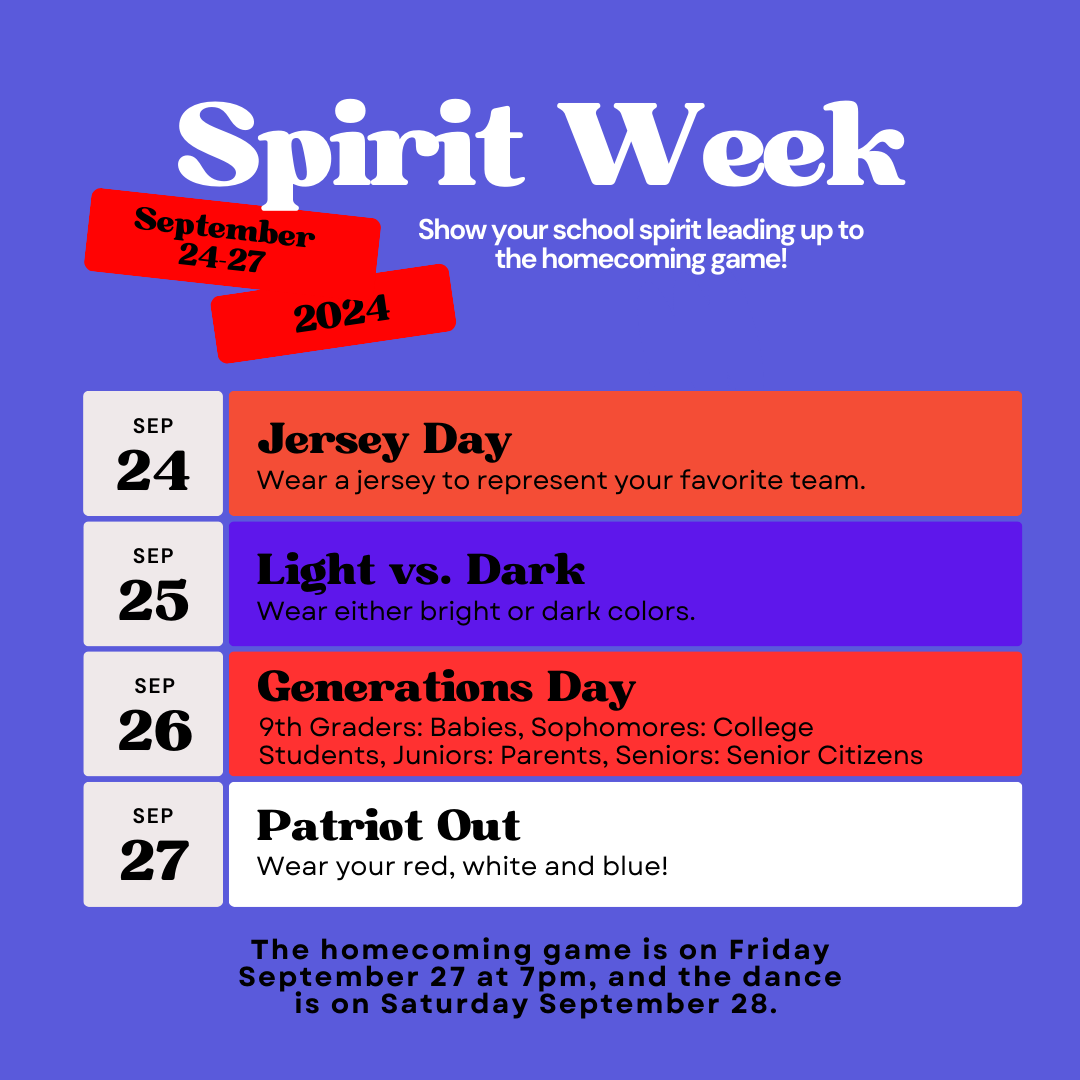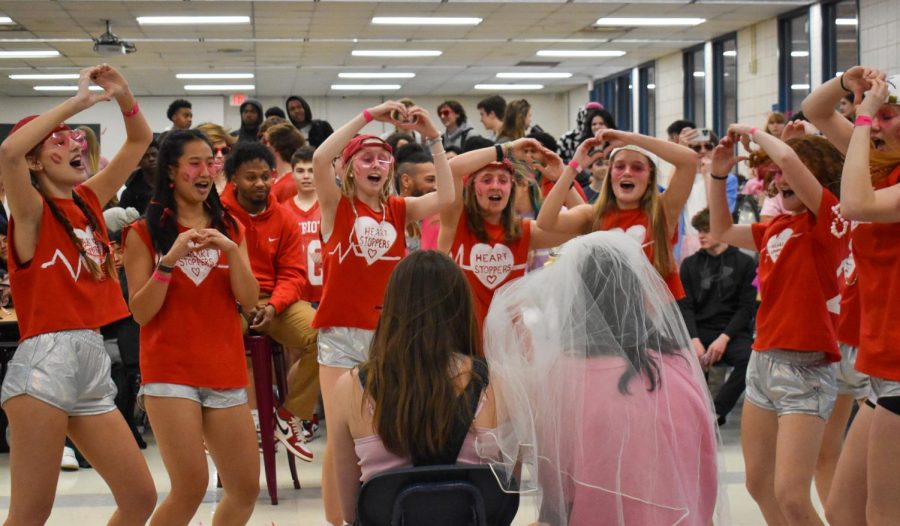“I have an Instagram account, a Twitter, a Facebook, I have a Vine, a Pinterest, and a Tumblr,” senior Renas Gadow said. “When I go home the first thing I do is go on my phone, and also when I wake up, and before I go to sleep, so I check my phone a lot.”
While more school work and research is completed online, the other side of the Internet spectrum includes the social networking sites, YouTube, and countless virtual apps and websites. The technological world encourages all of it, and for most young people, it’s just a touch away on a smartphone.
So when does an amount of screen time become harmful for young people?
Excessive online habits have encouraged a diagnosis that takes Internet usage to a new level. According to the Center for Internet Addiction, since the mid-90s Internet addiction disorder (IAD) has surfaced across the globe and confronted the issue of the growing amount of time young people spend on the Internet.
“Some studies have suggested that teens spend about 31 hours per week online, and that they spend about 7.5 hours per day on all media (smartphones, computers, TV, etc),” Dr. Dave Szwedo, a Research Associate with the Virginia Institute of Development in Adulthood at the University of Virginia, said. Part of this time can be attributed to social networking websites, which Szwedo says latest figures show nearly three quarters of all teens now use.
Gadow says that six accounts is definitely overwhelming; however, she has found a way to help control the amount of time she spends on her phone.
“Me and my parents made a schedule for how many times I should be on my phone. I stay on my phone a lot, but maybe it’s about three hours of the whole day,” Gadow said.
Gadow and her parents first wanted to start a schedule “when I started noticing that I put my phone before homework or studying for a test or something. And out of that I’d either get a bad grade on a quiz because I haven’t focused on studying.”
As part of this, Gadow said she started to not complete her homework at night. “I’d be like ‘Oh forget this, I’ll just do it in the morning, I’ll just stay on my phone all night,’ but when I actually wake up I wouldn’t do it.”
Sophomore Christine Cole also has an iPhone, but does not have any social networking accounts, and says she never plans on signing up for any.
“I just don’t think it’s necessary,” Cole said. “It kind of seemed pointless to me. I can text people and call people that I want to get in contact with.”
Cole admits to using her 3G only for Google searching or getting music, and doesn’t see a reason in doing any more than that. “I just think you could have so many other things in life that are more fulfilling than something that is posted on the Internet.”
Aside from staying out of Internet drama, Cole has found that she can also successfully manage clubs and recreation, even though most groups are active over social networking. Cole is an officer for the Health Occupation Students of America and asked the club’s president to let her know via text message if there is a meeting she needs to attend. “I don’t feel like I’m missing out on anything,” Cole said.
However, Gadow introduces a point that most teenagers with social networks would agree with: it’s an outlet for relaxation. “When I just lay on my bed and go on my phone, scrolling through Twitter or something – that’s what I call relaxation to me,” Gadow said. “I follow people like Kim Kardashian and all the big celebrities, and it’s nice to see what everyone else is doing in their lives.”
When asked why other people spend so much time online, Gadow said, “they’re just probably bored.”
Nevertheless, any excessive amount of time spent online can affect more than one’s attitude.
Common addictive behaviors, without regard to any particular substance, include compulsive engagement and lack of control in a certain activity, according to an article by addiction specialist R.C. Engs. These actions and responses can be associated with not only Internet addiction, but drug addictions as well.
According to a 2012 study published by Public Library of Science (PLoS) One, Internet addiction alters the brain the same way an addiction to alcohol, cocaine, marijuana (and others) does.
Szwedo, whose research interests include how peer processes on social networking websites may impact youths’ relationships and adjustment, says people who show signs of Internet addiction will demonstrate depressive symptoms or social anxiety.
“They may also have relationship problems,” Szwedo said. “People with these problems often go online to escape negative feelings or to try to form new relationships. However, our research has shown that young people with relationship problems may end up repeating the same types of relationship problems online.”
He continued to explain that internet addiction can also have different effects on young people depending on their current social interactions.
“Our research has shown that for young people who are less socially accepted by their peers, socializing more on social networking websites can have positive effects on their mood and sociability.
However, young people who feel more socially accepted and interact more online may actually experience more negative changes in mood and social functioning,” Szwedo said.
Cole points out another negative of online use: posting inappropriate content over social networking that could potentially hurt one’s chances of getting into a desired college or landing a great job. She prefers to stay off of social networking overall, saying, “I always like having an actual conversation with a person.”
And while most young people may also appreciate in-person conversation, Szwedo points out that “Interestingly, most users say that they use these sites [social networking] most frequently to stay in touch with people they know in-person.”
“The key is to determine if the amount of screen time is getting in the way of other important activities in young people’s lives. For example, if screen time is getting in the way of hanging out with friends or family members in person, participating in social activities or sports, or is associated with depressive or anxious feelings, it might be helpful to take a break,” Szwedo said.
“At some point, I feel like I’m at an advantage because I have more time,” Cole said, comparing herself to students that complain about not having enough time to finish homework. “I have way more time than I can handle because I’m not addicted to the internet because other people are, and that’s what is wasting their time.”














